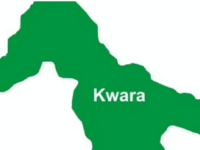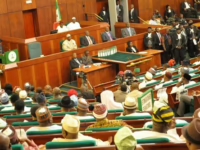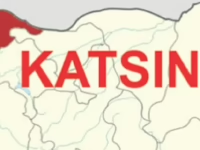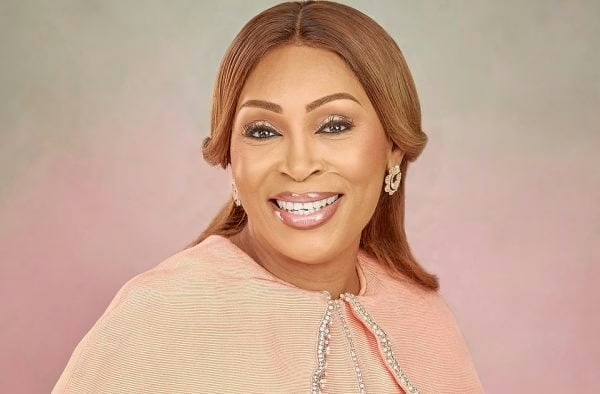Mrs. Udokanma Okonjo, the Managing Director and CEO of Fine & Country West Africa, has formally lodged a complaint with the Central Bank of Nigeria (CBN) challenging Providus Bank’s assertion that she owes an overdraft debt of $97,000.
She categorically denies the claim, labeling it as baseless, unverified, and a serious breach of due process.
In a petition submitted by her legal representative, Barrister Sunny Omoragbon, and reviewed by LEADERSHIP, Mrs. Okonjo explained that the dispute, which is currently under appeal, originated from Providus Bank’s unilateral decision to reclassify her debit card account as a credit facility without her consent, agreement, or any formal documentation.
The conflict arose after Providus Bank alleged that Mrs. Okonjo utilized and defaulted on an overdraft facility.
While the Federal High Court in Lagos ruled in favor of the bank, it notably reduced the interest rate to 10 percent.
Nonetheless, Mrs. Okonjo, through her counsel, has appealed the ruling, maintaining that no overdraft facility was ever granted and that the judgment was rendered based on incomplete or misleading evidence.
Omoragbon emphasized, “Mrs. Okonjo neither requested nor agreed to any overdraft facility, nor did she sign any related documents.”
He further explained that the alleged debt largely consists of arbitrary fees and interest charges imposed without any contractual basis or transparency.
More than 70 percent of the disputed sum, according to Omoragbon, is made up of unauthorized interest and fees. A Motion for Stay of Execution has been filed, with a hearing scheduled for October 28, 2025.
Beyond the financial disagreement, Omoragbon condemned what he described as a pattern of harassment and unprofessional conduct by Providus Bank officials. He cited several threatening WhatsApp messages sent by Olayinka Lawuyi, a staff member in the bank’s Risk Management department.
One such message, dated July 4, 2024, stated: “Do you want your indebtedness exposed on social media? If payment is not received within a week, we will initiate full recovery, which may cause you embarrassment.”
Omoragbon characterized this as “a clear attempt at intimidation and reputational bullying,” which violates the Central Bank of Nigeria’s Consumer Protection Guidelines and basic standards of professional banking communication.
He added that Mrs. Okonjo’s only prior action was a formal written request on March 18, 2024, seeking clarification and documentation regarding the alleged debt, which she did not acknowledge.
“Customers have the right to request explanations,” Omoragbon stressed. “Turning such a legitimate inquiry into a threat of public shaming is unethical and unacceptable in any reputable financial institution.”
Additionally, Omoragbon highlighted contradictory communications from the same bank official, who at times admitted, “you do not have the corresponding amount in your account,” while at other times suggesting that funds were deposited into Mrs. Okonjo’s account by Walter Akpani, the bank’s Managing Director, or other staff-an irregular and confusing practice.
The defense intends to seek justice not only through the courts but also by filing complaints with the Central Bank of Nigeria, the Consumer Protection Council, and other regulatory agencies, calling for a comprehensive review of Providus Bank’s customer account management and communication practices.
“This matter transcends a single client,” Omoragbon stated. “It raises critical issues about transparency, consent, and accountability within Nigeria’s banking industry. No customer should face intimidation or unauthorized financial liabilities.”
Industry experts suggest that the outcome of this appeal could establish a significant precedent regarding contractual consent, consumer rights, and the boundaries of banks’ discretionary authority in handling client accounts.






















